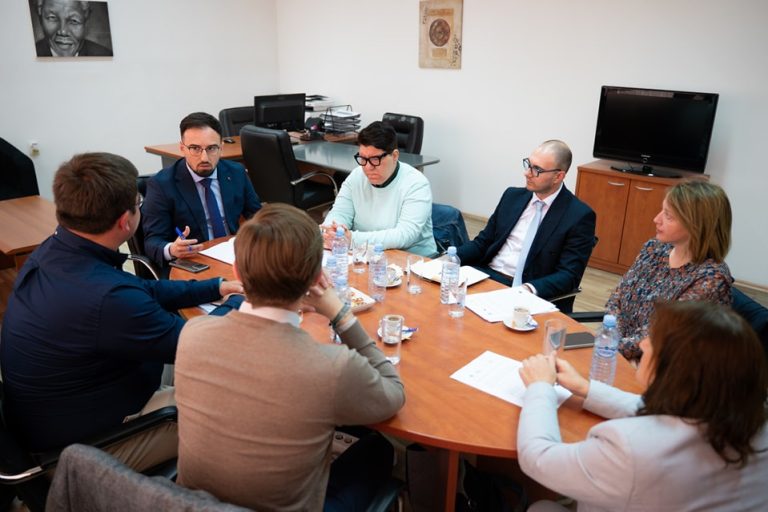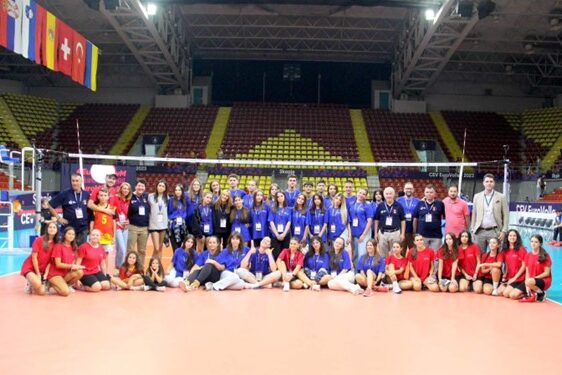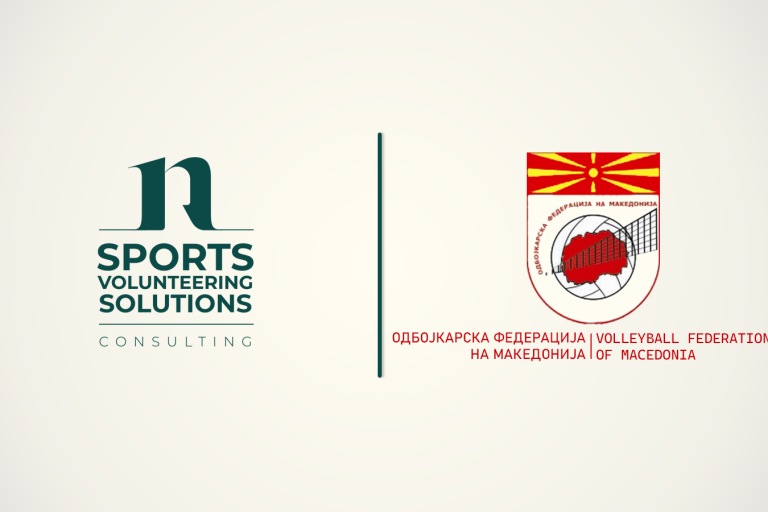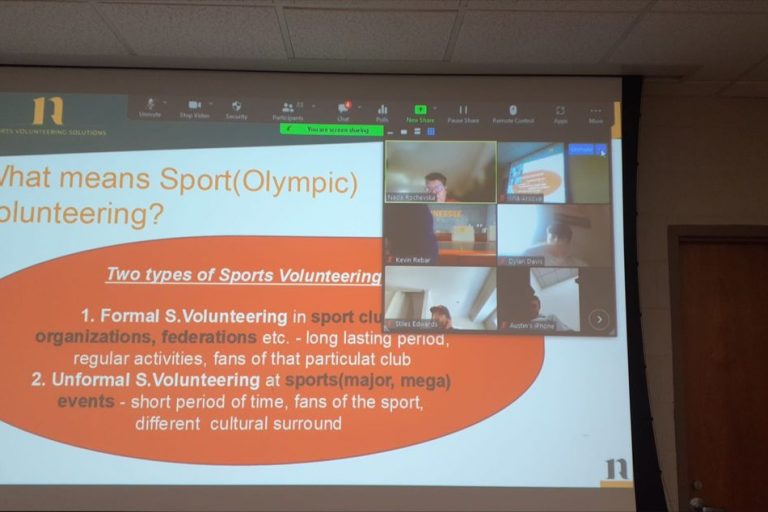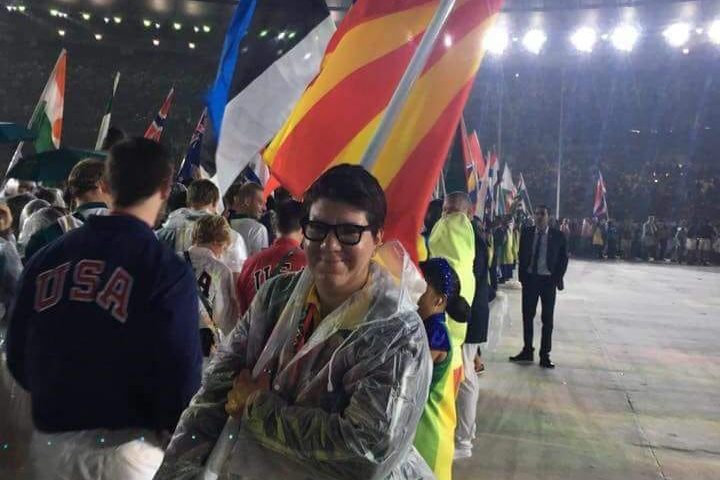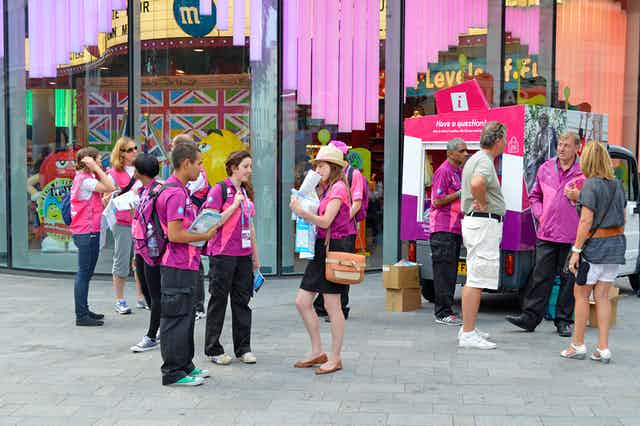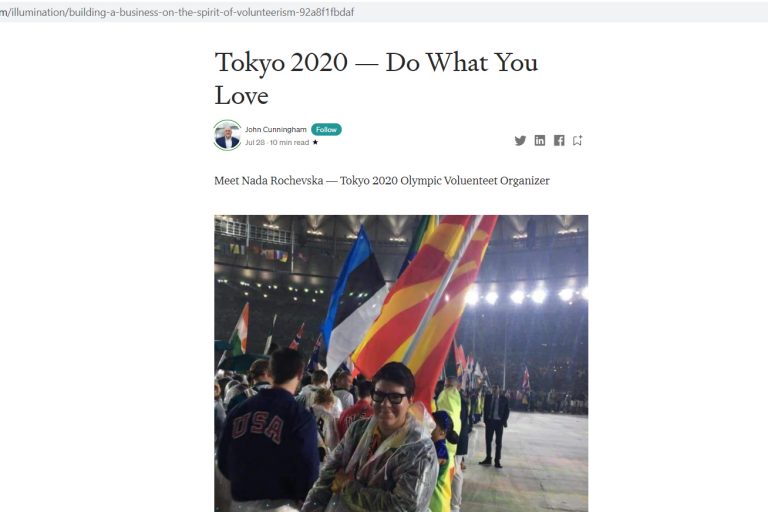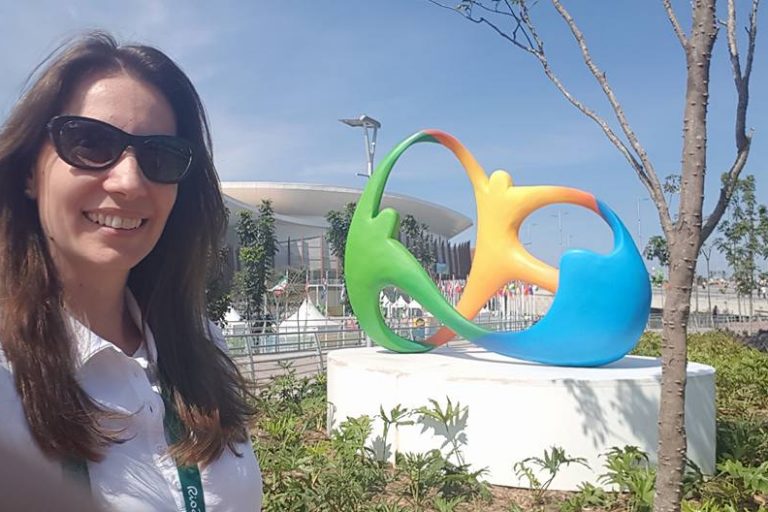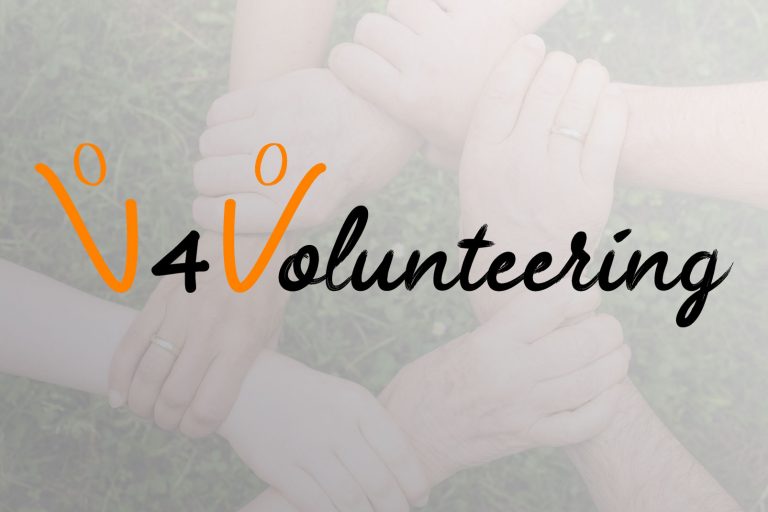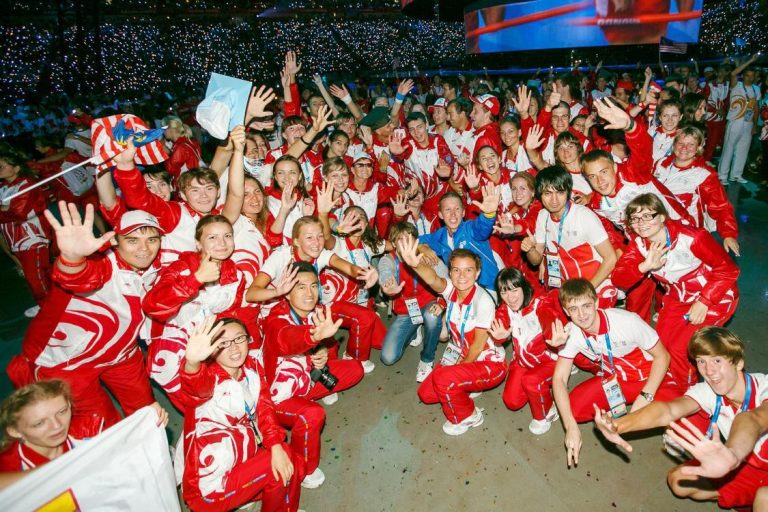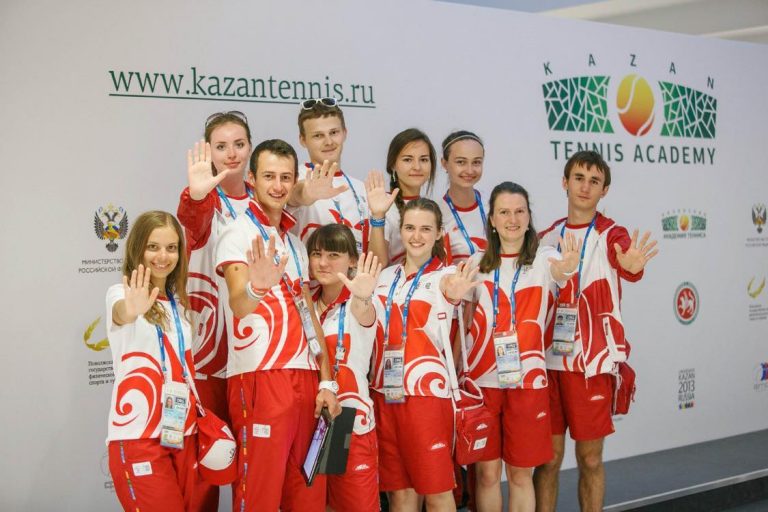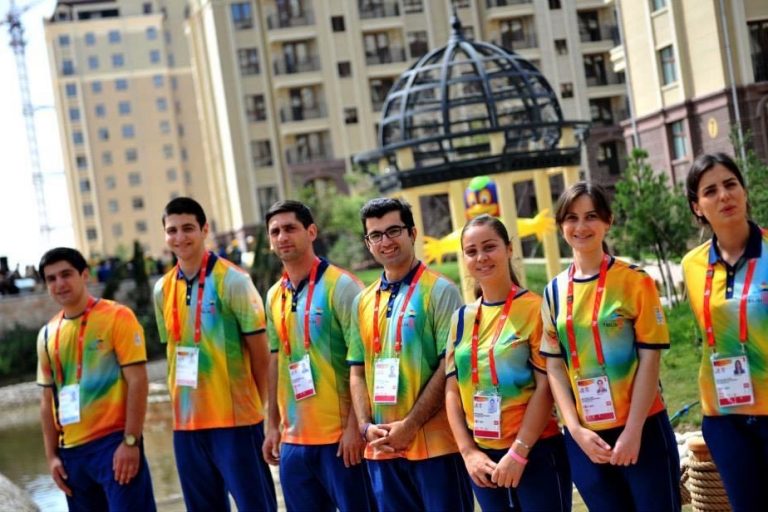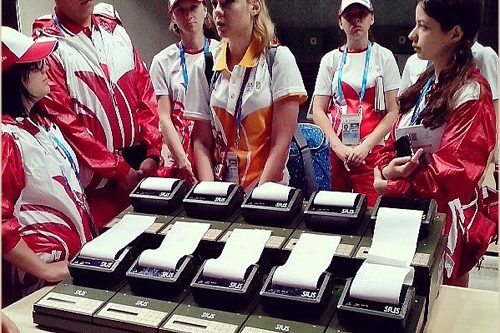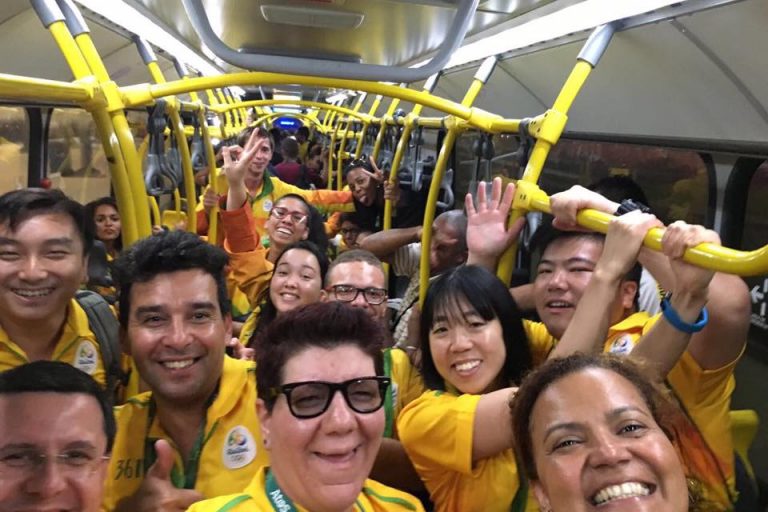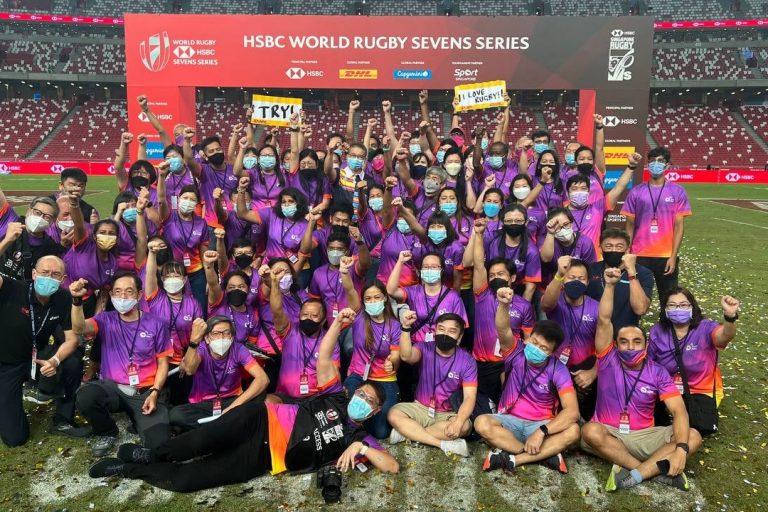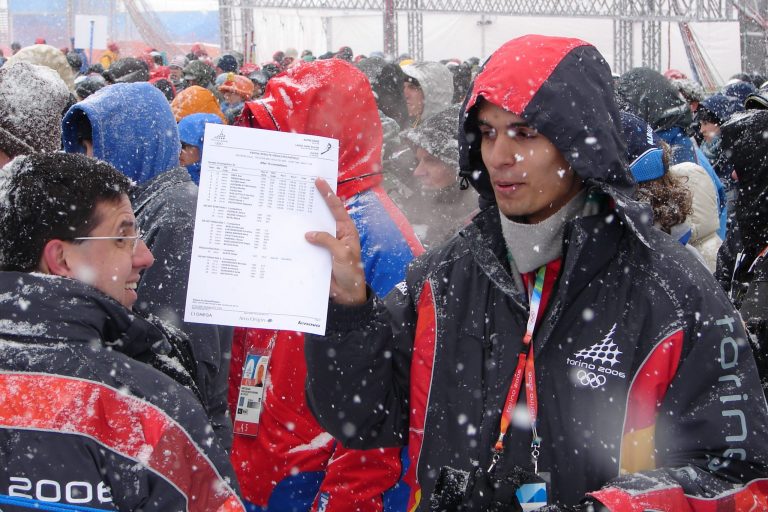This study explored and evaluated the volunteering legacy of the Athens 2004 Games and the current 3rd sector landscape in Greece. Participants in our research (Dr. N. Koutrou and Dr. G. Kohe) reflected positively on the inspiration effects the Games created, which mobilized individuals to form formal and informal coalitions to support local communities. Attitudes to the sector are more positive. Since 2010 a plethora of new civil society organizations have emerged and have been key in supporting contemporary local community needs. Yet, post-Games, there was a weak interest by successive Governments and other key actors in continuing the Olympic dynamic, institutionalizing the sector, and promoting initiatives to have long-term social effects. In our final report, we stress that appropriate investment should be made in stakeholder mapping, training for legacy, human resource capacity, and strong leadership to support volunteer programs and provide a strong foundation to leverage legacies post-event. Efforts can also be directed into capacity building, trust, rapport, and forging relationships with existing civil society organizations and municipal authorities that are best placed to understand local dynamics, contexts, and issues to sustain activity and benefit local communities. Finally, future Games hosts and civil society stakeholders should commit to and adhere to actions that follow principles of good governance, and social justice ethics to ensure the development of the sector.


